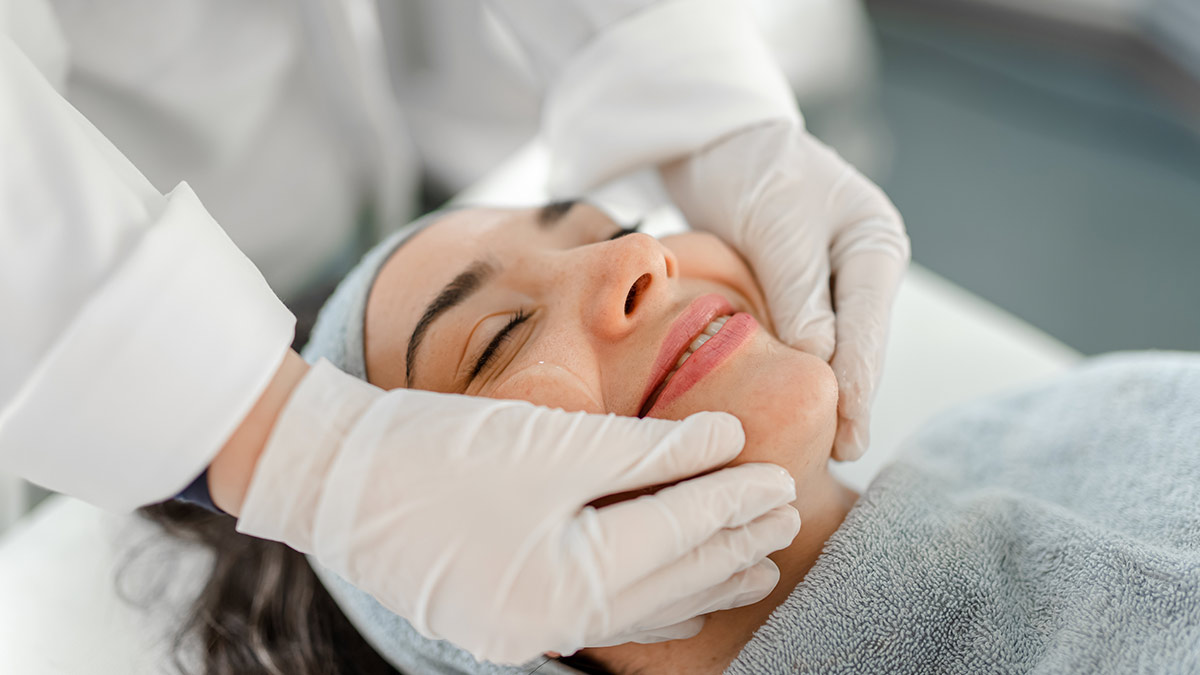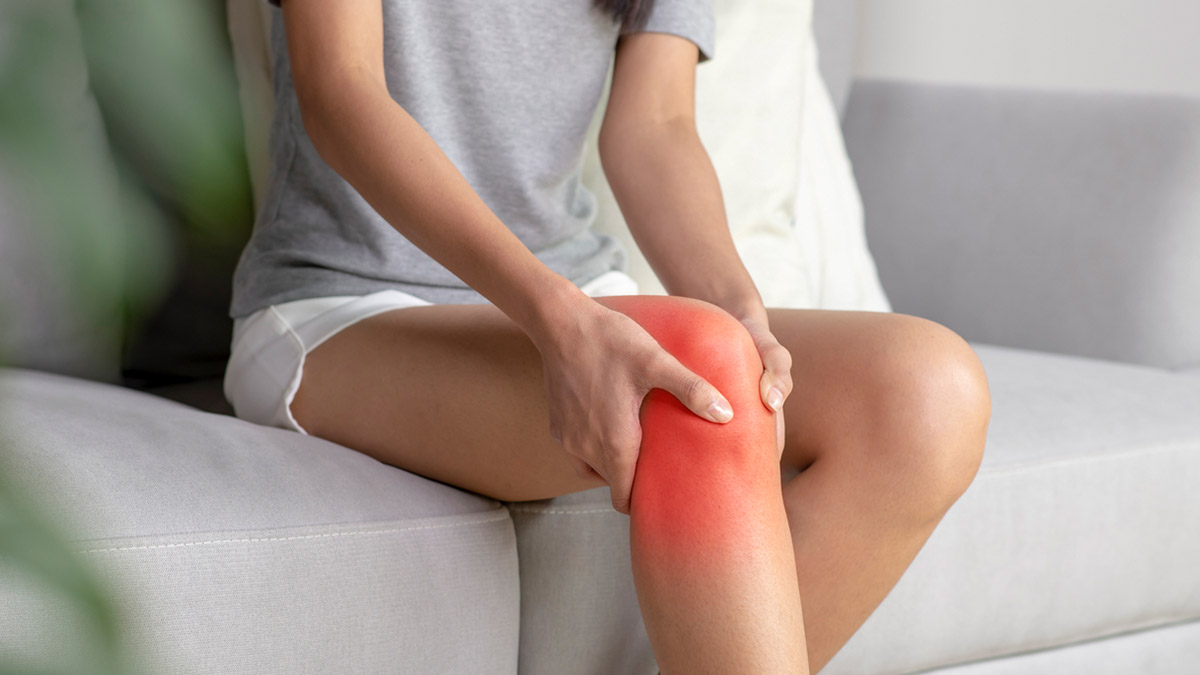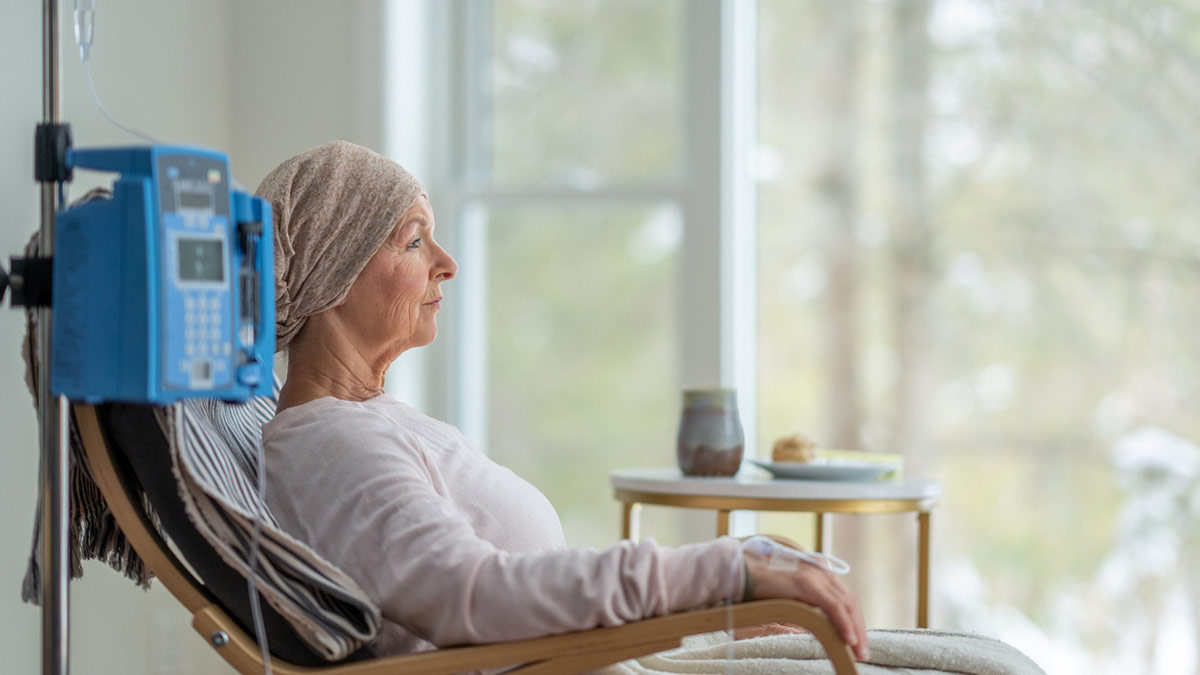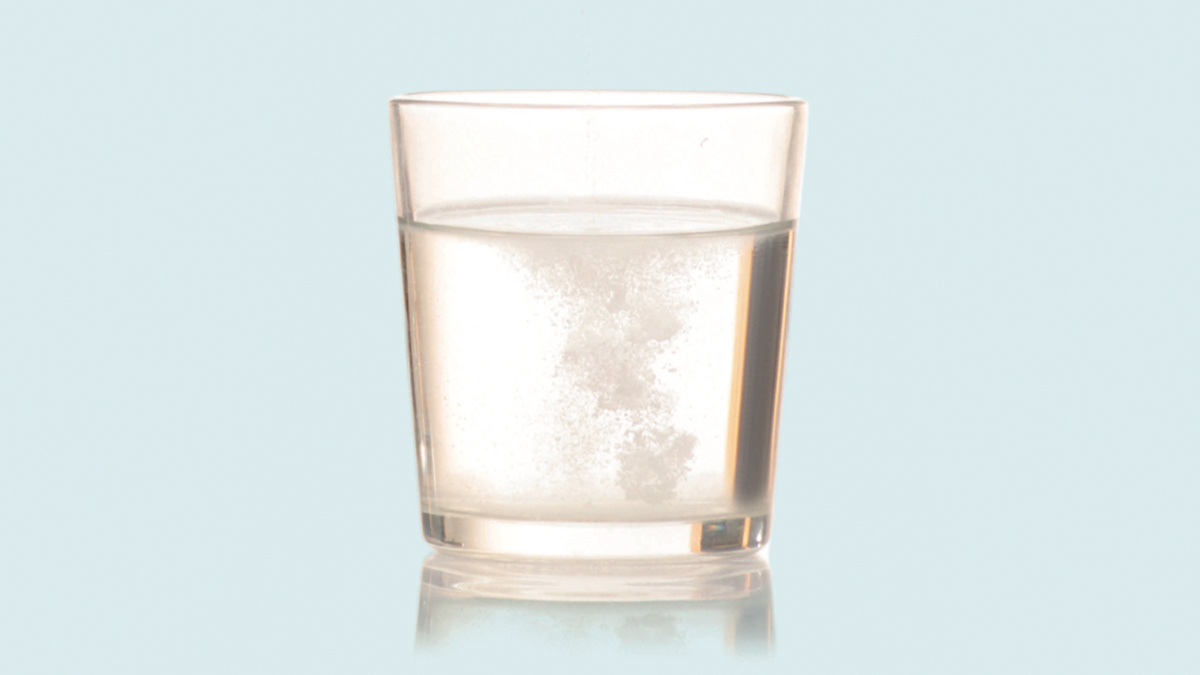Eczema is a troublesome condition with no cure but correct management can help to ease the symptoms
While there are different types of eczema, the term is most often used to refer to atopic eczema, otherwise known as atopic dermatitis, Atopic eczema is a non-contagious, extremely common chronic inflammatory skin condition that impairs and weakens the skin barrier function, making the skin dry and more susceptible to infections caused by bacteria or viruses.
Eczema is the most common inflammatory skin condition in the world, according to Allergy Ireland, and it affects
20 per cent of children in Ireland and 3 per cent of adults. Eighty-five per cent of children grow out of their eczema, and few people go on to have the condition for their whole lives.
Trigggers
Despite there being no cure for eczema, research has identified a certain number of triggers. These include stress and infection — exposure to emotional stress can aggravate the condition and worsen the intensity of flare-ups. Physiologically, this relationship is not fully understood. As stated above, atopic skin is more susceptible to infection, which can worsen the eczema. If a patient with eczema presents at the pharmacy counter with wet or weepy yellowish-brown crusts on their skin, they should be advised to seek medical attention as soon as possible. Likewise, if the patient’s skin shows clusters of painful, itchy blisters, and especially if there has been contact with a person who has a cold sore, urgent medical attention should be sought.
The HSE states that the mainstay of treatments for eczema are:
- Soap substitutes and emollients. uTopical corticosteroids.
- Topical tacrolimus.
There are stronger treatment options that need to be prescribed, but other possibilities include antihistamines and special body suits or dressings.
If OTC emollients or soap substitutes are having no effect, the patient should be advised to see their GP for further investigations. A GP may refer the patient to a dermatologist if they are not sure what type of eczema a patient has, or if the cause is unclear.
Flare-Ups
Flare-ups can be disheartening for the patient and can occur as often as two or three times per month. The most common sites are the insides of the elbows, on the hands (especially fingers), and on the backs of the knees (see Figure 1).
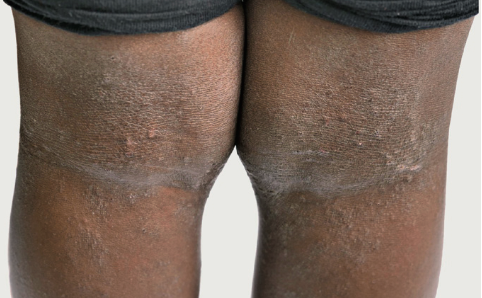
It is also important to think in terms of treating the person, rather than treating the disease itself. Eczema can have a very disruptive effect on quality of life, with sometimes constant itching that can disrupt sleep patterns, cause bleeding due to scratching, and result in secondary infections. Scratching can also exacerbate the eczema and after the skin has been scratched for a long time, it can thicken, creating ‘leathery’ patches. In terms of self-care, the Executive recommends the following to reduce the damage from scratching:
- Scratch less whenever you can.
- Rub the skin with your fingers instead of scratching.
- If a baby has eczema, anti-scratch mittens may stop them scratching their skin.
- Keep the skin covered with light clothing to minimise scratching.
- Keep the nails short and clean to minimise damage and infection risk.
Treatment
Eczema flare-ups should be dealt with as quickly as possible when they happen, because it is easier to control exacerbations if they are tackled quickly. This can also help to break the destructive cycle of itch- scratch. Allergy Ireland recommends using a sufficiently strong ointment or steroid cream to deal with flare-ups, with more gentle steroid creams suitable for the face, and stronger steroid creams for other areas of the body, such as the hands and feet. It should be applied in the same way as sun cream, ie, in sufficient quantities to achieve total coverage. Skin flakes should be gently removed prior to application and the cream should be applied to all problem areas, even with broken skin. However, medical advice should be sought before using these creams on children.
As eczema is a condition with multifactorial implications, the HSE also recommends sufferers pay close attention to their mental health, as eczema can lead to depression as a comorbidity. These patients may benefit from counselling or from joining a support group.
References on request


